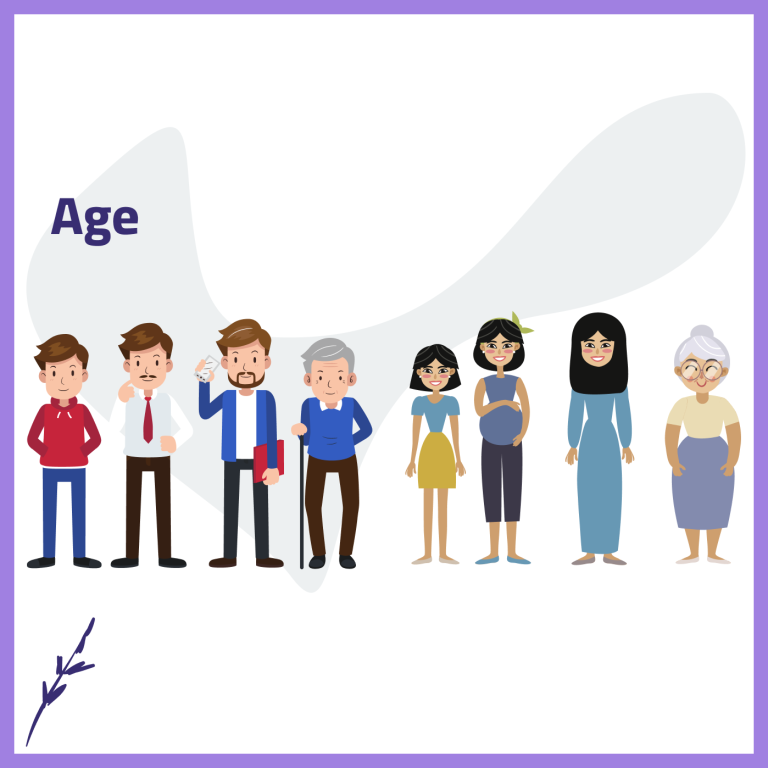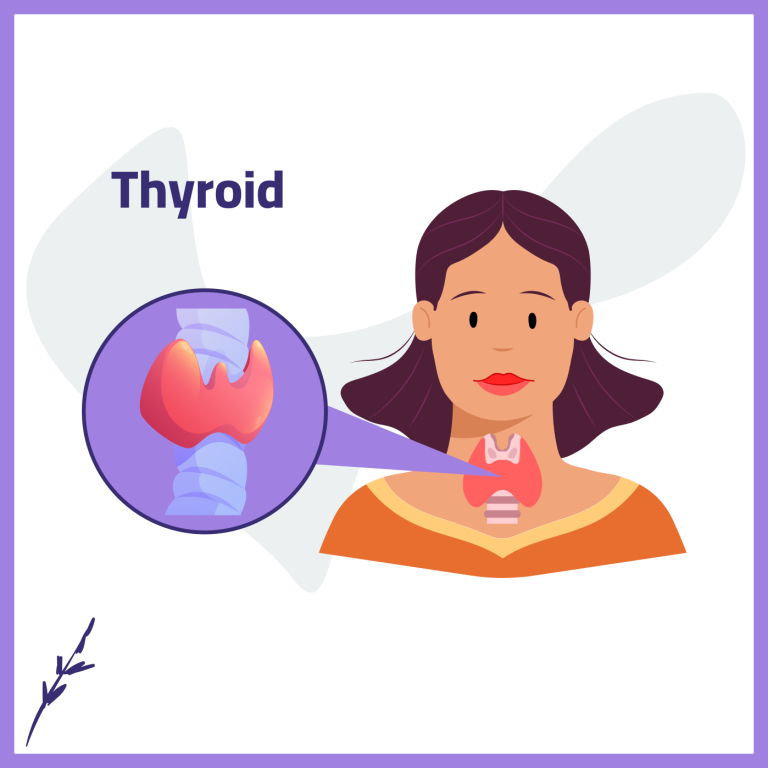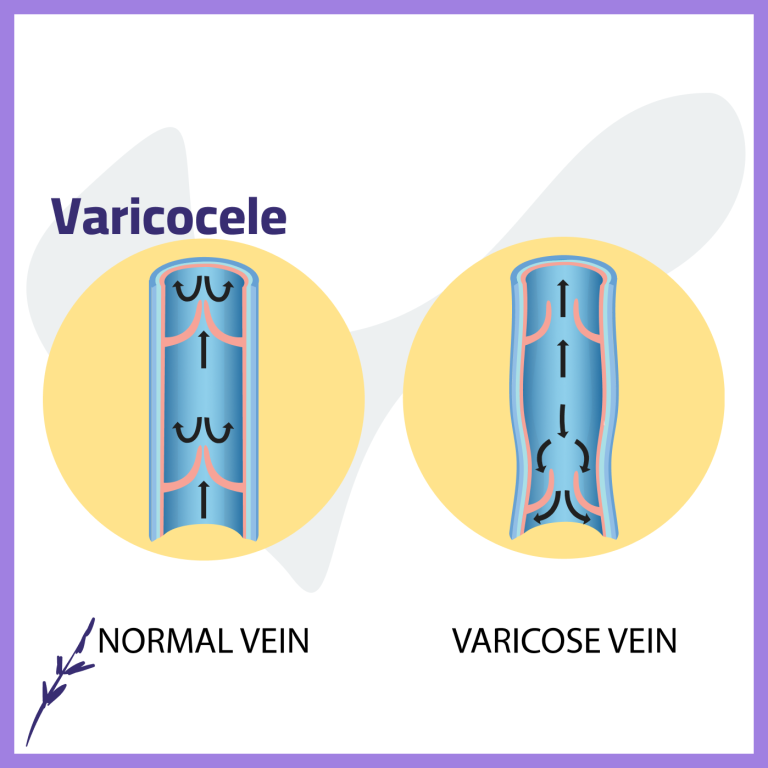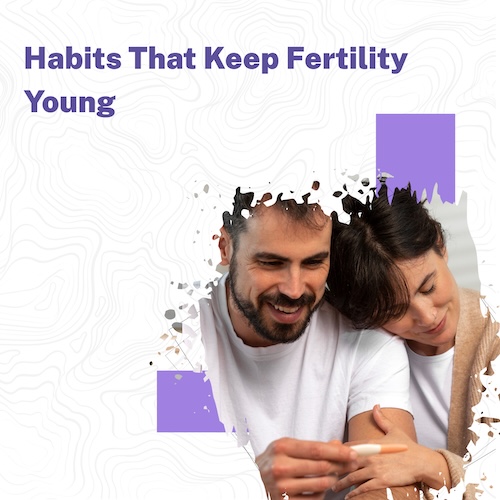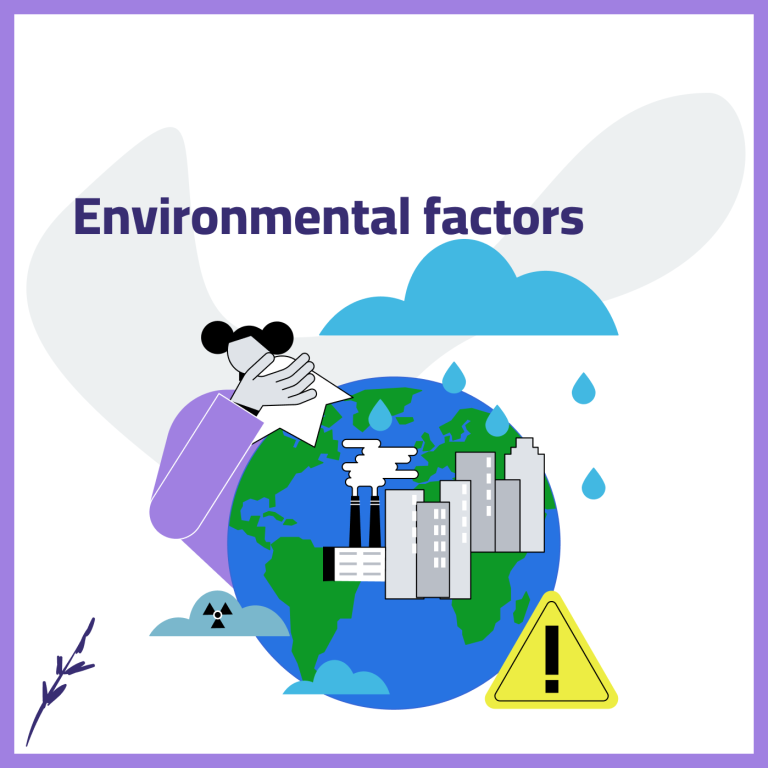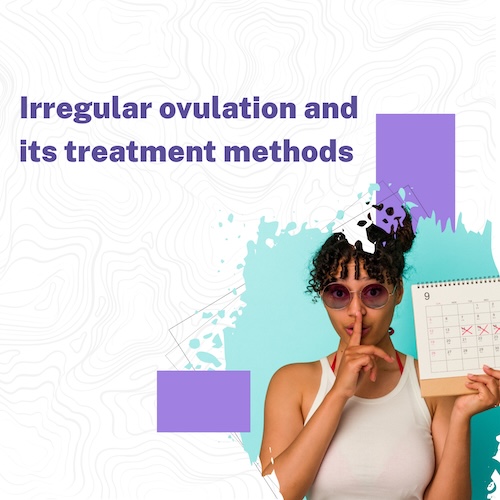Egg and Sperm reserves
Sperm and egg production are vital processes for reproduction in humans. These processes are strongly influenced by genetic, hormonal and environmental factors. In males, sperm are produced in the testicles, while in the oocytes they become females. Both trends over time and under the influence of factors that reduce the quantity and quality.
Sperm production in men
In men, sperm production in the testicles begins at puberty and continues continuously. On average, each testicle can produce millions of sperm per day. Sperm production, which is called “spermatogenesis”, takes about 74 days. This process involves cellular and complex changes that ultimately lead to the formation of mature spermatozoa.
Decrease in sperm quantity and quality
The number of sperms increases over time and with age. From the age of 40 onwards, the number of sperm produced decreases and their quality also decreases. This decrease in quality is usually seen as a decrease in sperm motility, an increase in the number of abnormal sperm, and a decrease in their ability to penetrate the egg.
Factors affecting sperm quality
Sperm quality is affected not only by age but also by other factors. These factors include:
- Smoking and alcohol consumption: consumption of harmful substances can have negative effects on sperm quality.
- Improper nutrition: Nutrients needed for vitamins and minerals can disrupt sperm.
- Stress and mental pressure: chronic stress can affect sexual function and reduce sperm production.
- Environmental factors: exposure to harmful chemicals, radiation and environmental conditions can reduce sperm quality.
Egg production in women
In women, eggs are formed during the embryonic period and after birth, a fixed number of them remain in the ovaries. Unlike sperm, which are produced continuously, the number of eggs decreases throughout a woman’s life. Each woman is born with about 1 to 2 million eggs, but by puberty the number drops to about 300,000 to 400,000. Of these, only about 400 to 500 eggs reach maturity during a woman’s reproductive life and are fertile.
Decrease in egg quantity and quality
It is normal for the number of eggs to decrease and their quality to decrease over time. From around the age of 35 onwards, the number of eggs decreases and their quality also decreases. This decrease in quality means an increase in chromosomal risks in the eggs and a decrease in the chances of fertility.
Factors affecting egg quality
Various factors can affect the quality of eggs, including:
- Age: Increasing age is the most important factor in reducing the quality of eggs.
Diseases: Some diseases such as cystic ovary syndrome and autoimmune diseases can affect the ovaries and the quality of eggs. - Environmental and lifestyle factors: consumption, alcohol and improper nutrition can also reduce the quality of eggs. conclusion
Sperm and egg production are complex and vital processes for human fertility, which change in quantity and quality over time. Aging, environmental factors, lifestyle and diseases are among the important factors that can affect these factors. Considering these issues, maintaining a healthy lifestyle and referring to specialists in case of fertility problems can improve and maintain the quality of sperm and eggs.


